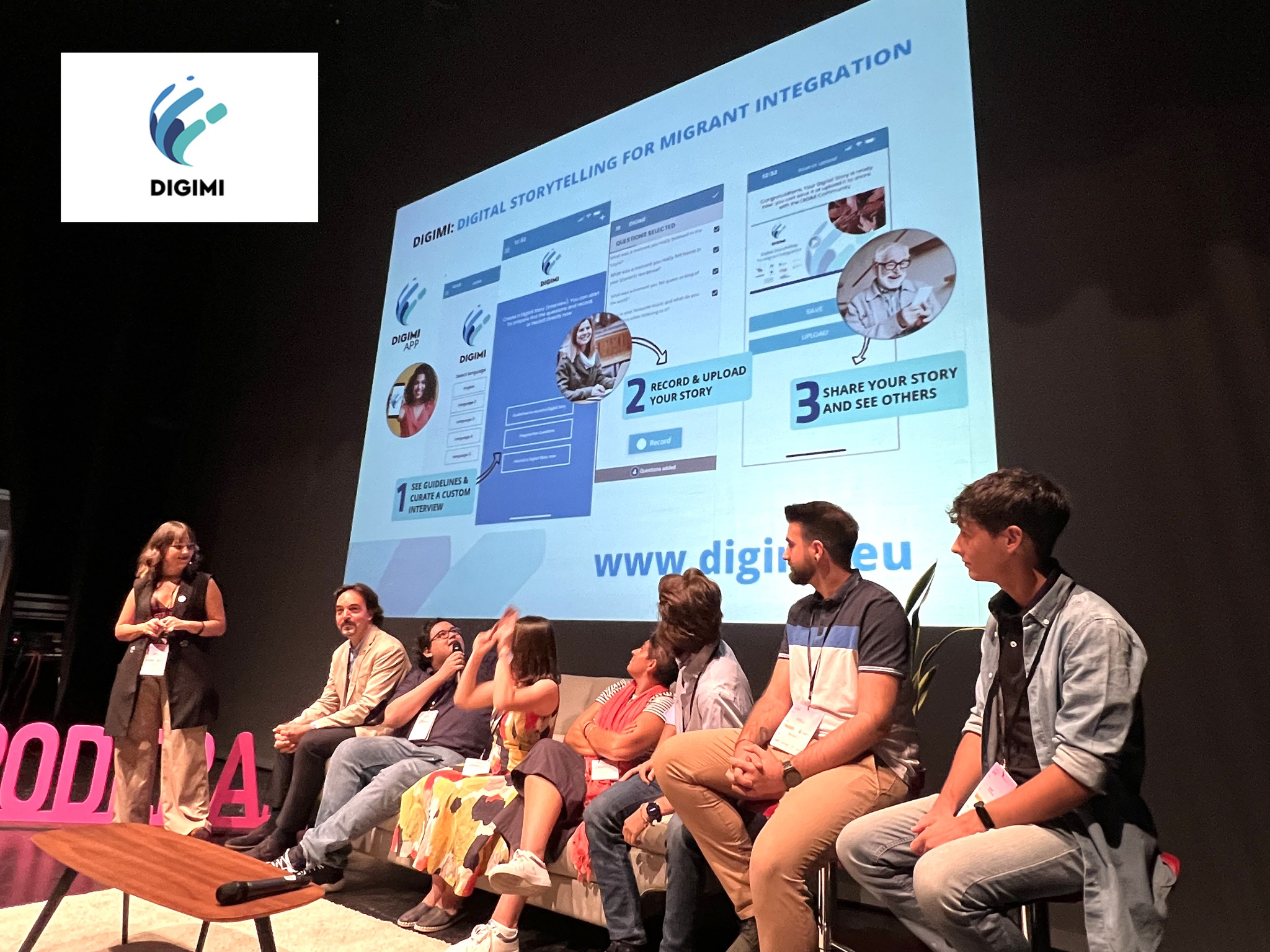
COMMUNICATION, NARRATIVES AND DIALOGUE IN MIGRATION POLICY – A FOCUS ON YOUTH
08/18/2022
“Migration is a defining feature of urbanisation. Cities are places where people come together to live, work and find opportunities. It is also in the city where the reality of social and economic accommodation of newcomers and their interaction with host community
takes place. At the Mediterranean Urban Forum in Seville (MUM Forum) in June 2022 I had the pleasure to coordinate a communication workshop that gathered practitioners and experts to engage in an interactive exchange and set of discussions on current migration narratives at the local level which placed a particular focus on communication strategies addressing migrant youth and minors, while addressing challenges such as misinformation, rumours and local migration governance.
In migration policymaking, narratives are regularly mentioned as some of the most important determinants of public attitudes, behaviour and sources of perceptions and misperceptions. Narratives are selective representations of reality across at least two points in time that include a causal claim. They are necessary to decipher, explain and simplify complex realities. A simpler definition would be “how we perceive and speak about migrants and migration.” A fact that may be surprising to readers is that in Europe attitudes to immigration are not becoming more negative. Rather, they are notably stable and, in recent years, have become more positive. The recent outpouring of support to welcome Ukrainian refugees in Europe seems to be a manifestation of these attitudes. International non-governmental organisations shape migration narratives too, mainly by forging stories whose purpose is combating the securitisation discourse carried out by political movements exploiting the salience of the phenomenon for electoral purposes. This is why such stories, which target the global civil society, somehow represent counter-narratives aiming to challenge the prevailing migration discourse.”














